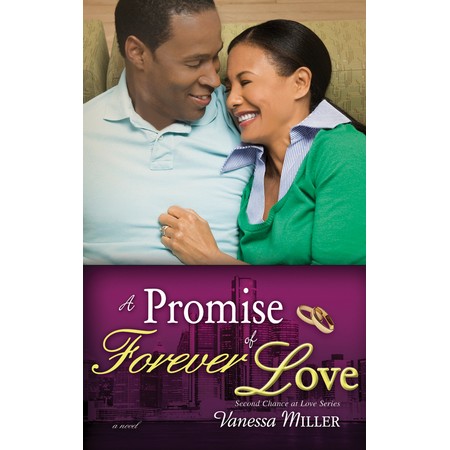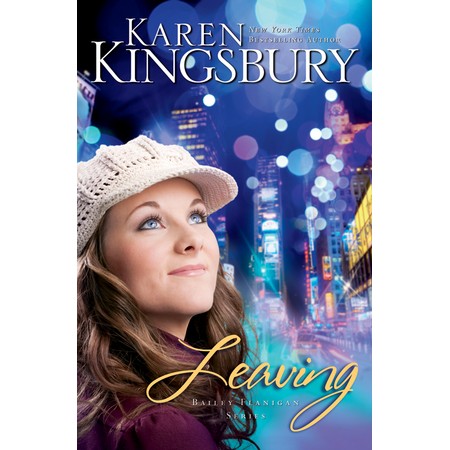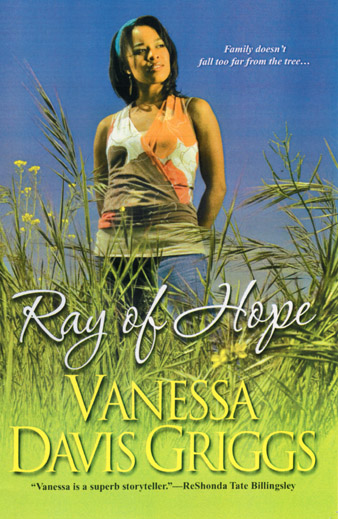"When do you think is the best time to love somebody, when they done good and easy for everybody is that what you think? You ain't done learning...The time to love the most is when his head is lowest and can't believe in himself 'cause the world don't whipped him so ." -Lena Younger, A Raisin in the Sun, written by Lorraine Hansberry
Today is Part 2 of Last week's discussion, Releasing the Spirit of Your Story. I received many comments. (Thank you.) As I read them I noticed a pattern emerge, which shape today's discussion.
How Do I Make my Sticky Character See a Christian's World?
For those of you who don't know I have been a Christy Book Awards Judge for the past three years. The Christy's awards honors excellent fiction written in a Christian Worldview. I am honored to participate and always excited to see what novels each publishing houses chooses as an entrant for this award.
What I have learned from this experience is that all of the novels nominated are written in a compelling way that captures a Christian's view of their world. Today let's take a look at some of the 2007 nominees in the romance category as an example and a tip builder for this segment of this series.
1. Build a Strong Spiritual Character Sketch
Know your character inside out before you begin your story. Tracy Groot's (Madman: A Novel
You have to do a lot of prep work to not only build this character, but to keep his soul's journey a focus through the life of the novel.
2. Make Your Character's Dilemma Almost Redemptive Impossible.
What separates Christian fiction from others is the notion of redemption. There are novels with characters who have a measure of grace(Interview with a Vampire) or the human condition becomes universal(Field of Dreams,) but a Christian novel glorifies a universal, omnipotent, merciful God. The stories that capture this reality the best are those whereby their characters get themselves so stuck that even the reader can't figure how they will get out. (Example:Tim Downs, The Plague Maker.)
3. Learn the Power of Big Voice and Little Voice
What makes the stories that I review and judge crème is the story’s voice. The spirit of the story. I believe that character development, plot, theme, style, setting all hinge on how well we tap into the story’s spirit. Stories where the author allow their characters to speak about the world around them and their world at large understands the quiet power of voice.( Example:
So what if your character is a hooker, who snuck in a church balcony during early worship service on Sundays to hide from her pimp? It's believable, a hot mess and has a glint of light piercing through and is what your readers are after. They want to invest their time in a character they can see existing in their mind. They want to invest their time in a character who presents God in a way that hadn't seen before, but felt all along.
Keep these 3 ideas in mind as you tweak your novels. Subscribe.





















2 comments:
Dee, I hesitate to make this comment because I call myself a Christian fiction writer... But I have NO BOOK, NO AGENT, and only a terrible first draft of my novel as my claim to fame. What gives me the right to criticize anyone's work, you might say. In my defense, I do support African-American Christian Fiction, as my bookshelf and my wallet can attest. Honestly, though, *sigh* most of it is not good. With the exception of a few of my favorite authors (I won't name names), I struggle to make it to the end of most Christian novels written by African Americans. I see many of the cardinal flaws that I try to avoid or edit out of my own writing: there's too much telling and not showing, characters are stereotypical or flat, conflicts and stakes aren't high enough, and much of the dialog is unnatural. Since a lot of Christian fiction is being published by imprints of large publishing houses, I'm beginning to wonder how these novels made it past editors? Why isn't our stuff good enough to win Christy Awards?
Thanks,
Josette
Thanks, Josette for commenting.
I will respond to this comment in a post, because there are a few things to consider when we speak about the Christys. Publishing houses submit books for consideration. And that's the rub. Are african american imprints participating? check back monday. thanks,
Post a Comment